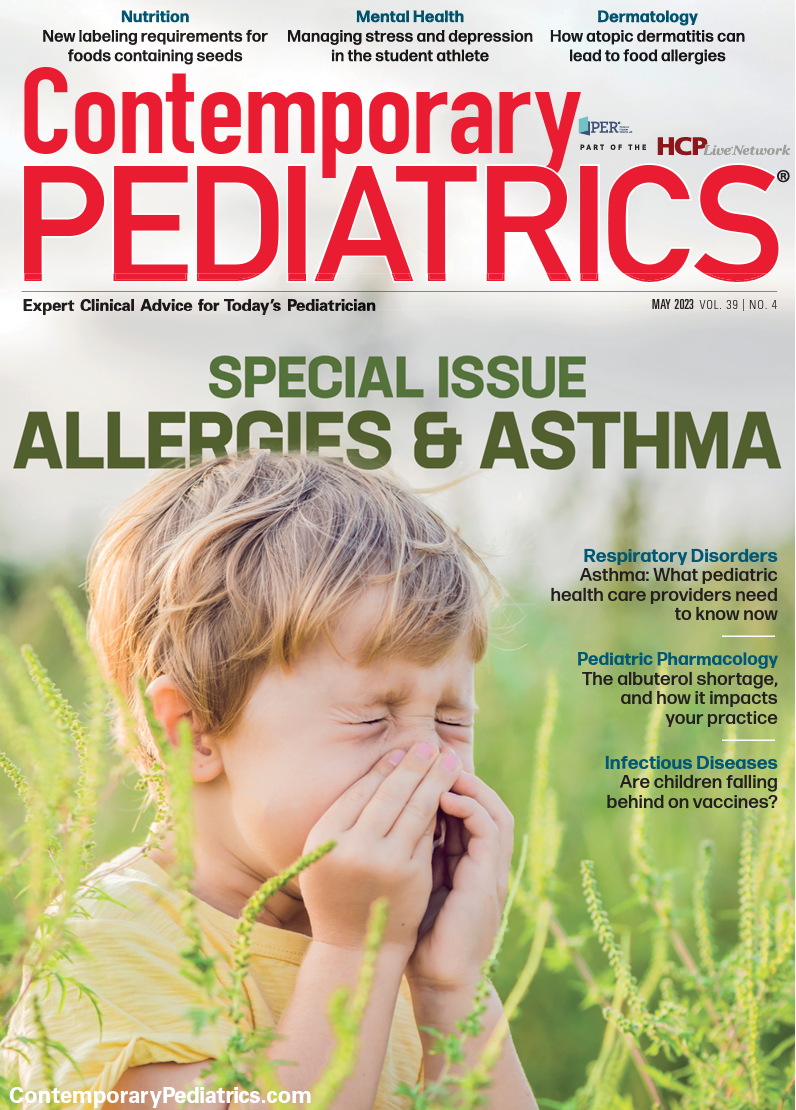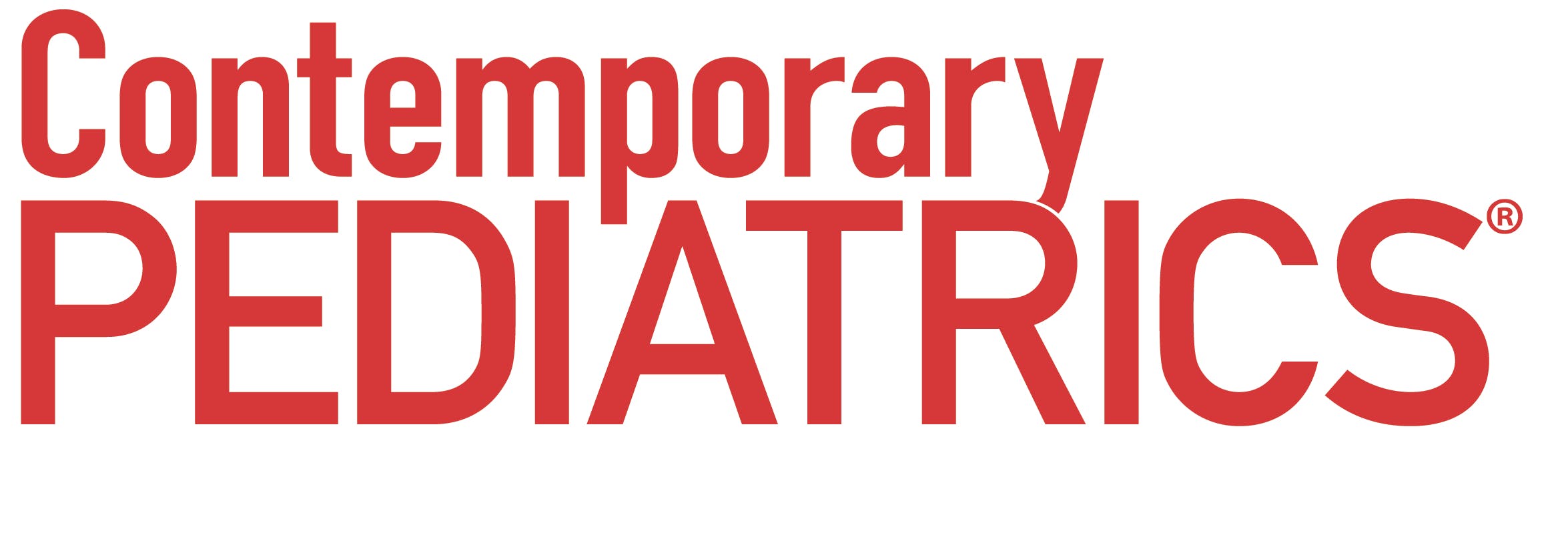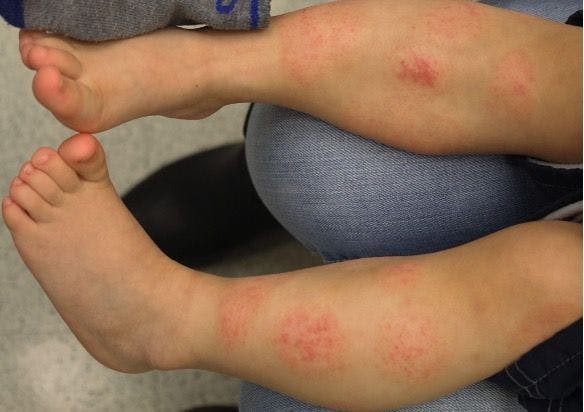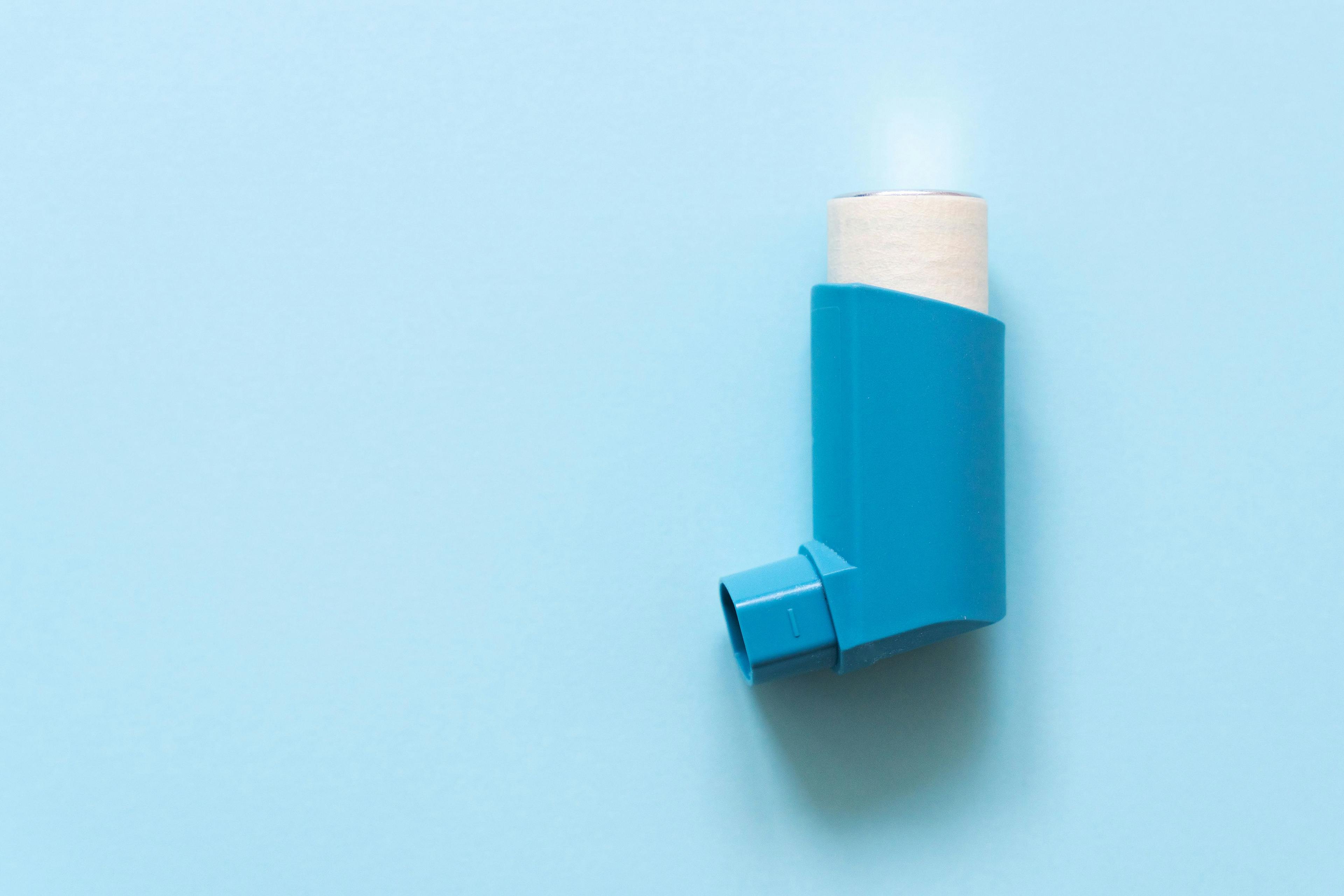Highlighting Mental Health Awareness month
Our President and CEO, Mike Hennessy Jr, says now is the perfect time to assess your own mental health in honor of Mental Health Awareness Month.
Highlighting Mental Health Awareness month | Image Credit: © rawpixel.com
- © rawpixel.com - stock.adobe.com.

May is Mental Health Awareness month, a time to cast a spotlight on the havoc that anxiety, depression, and other mental health issues can cause individuals, from new mothers to CEOs. “Until a few years ago,” wrote Ankit Chauhan and Jyotsna Potdar in an article on maternal mental health during pregnancy, “the only importance given to mental health was after childbirth (preference was given to disorders such as postpartum depression). Nowadays, mental health is given its due attention right from conception to antenatal care, to labor, to the postpartum period.”1
In the pediatric population, the state of emergency that was declared in children’s mental health in October 2021 is ongoing. Recently, the US Preventive Services Task Force came out with their recommendation that children aged 8 to 18 years2 be screened regularly for anxiety and depression.
Health care workers are far from exempt from these issues. The National Institute for Occupational Safety and Health noted that long work hours, rotating and irregular shifts, physical and emotional labor, exposure to human suffering and death, and increased risk of exposure to disease and violence currently puts more than 20 million health care workers at risk for mental health problems.3
Even CEOs are having a difficult time. A survey carried out in 2018 of 242 entrepreneurs found that 72% reported mental health issues were affecting them directly or indirectly, with entrepreneurs experiencing more depression (30%), ADHD (29%), substance use (12%), and bipolar disorder (11%) than comparison participants.4
Government organizations such as the CDC and the National Institutes of Health have numerous pages devoted to mental health resources and screening tools. Additionally, of course, private and group practice mental health professionals are available throughout the United States. According to the Bureau of Labor Statistics, there are nearly 200,000 licensed psychologists and 45,000 psychiatrists in the United States.5,6
So this month, why not assess your own mental health. How are you really doing in terms of anxiety, depression, burnout, and weariness? Do you need some additional support, counseling, or maybe just a vacation? And regardless of what your patient has come to see you for, a simple mental health check might be a good idea to see how they are doing too.
To read more from the May, 2023, issue of Contemporary Pediatrics®, click here.
References:
1. Chauhan A, Potdar J. Maternal mental health during pregnancy: a critical review. 2022;14(10):e30656. doi:10.7759/cureus.30656
2. Anxiety in children and adolescents: screening. US Preventive Services Task Force. October 11, 2022. Accessed April 4, 2023. https://www.uspreventiveservicestaskforce.org/uspstf/recommendation/screening-anxiety-children-adolescents
3.Health worker mental health. National Institute for Occupational Safety and Health. Updated May 11, 2022. Accessed April 4, 2023. https://www.cdc.gov/niosh/newsroom/feature/health-worker-mental-health.html
4. Freeman MA, Staudenmaier PJ, Zisser MR, Andresen LA. The prevalence and co-occurrence of psychiatric conditions among entrepreneurs and their families. Small Bus Econ. 2019;53:323-342. doi:10.1007/s11187-018-0059-8
5. Occupational Outlook Handbook: Psychologists. US Bureau of Labor Statistics. Updated September 8, 2022. Accessed April 4, 2023. https://www.bls.gov/ooh/life-physical-and-social-science/psychologists.htm
6. What is psychiatry? American Psychiatric Association. January 2023. Accessed April 4, 2023. https://www.psychiatry.org/patients-families/what-is-psychiatry#:~:text=There%20are%20about%2045%2C000%20psychiatrists%20in%20the%20U.S































